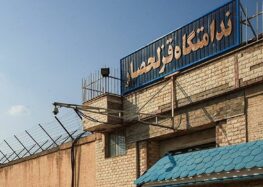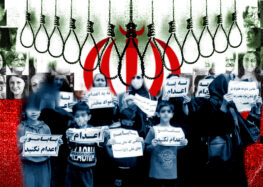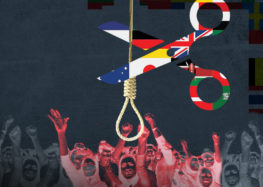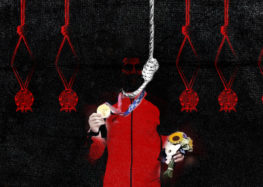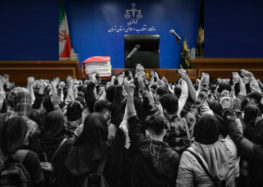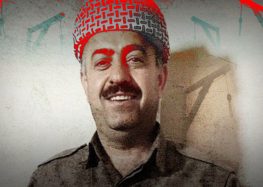Two Kurdish Political Prisoners Executed Despite “Serious Questions” in the Case
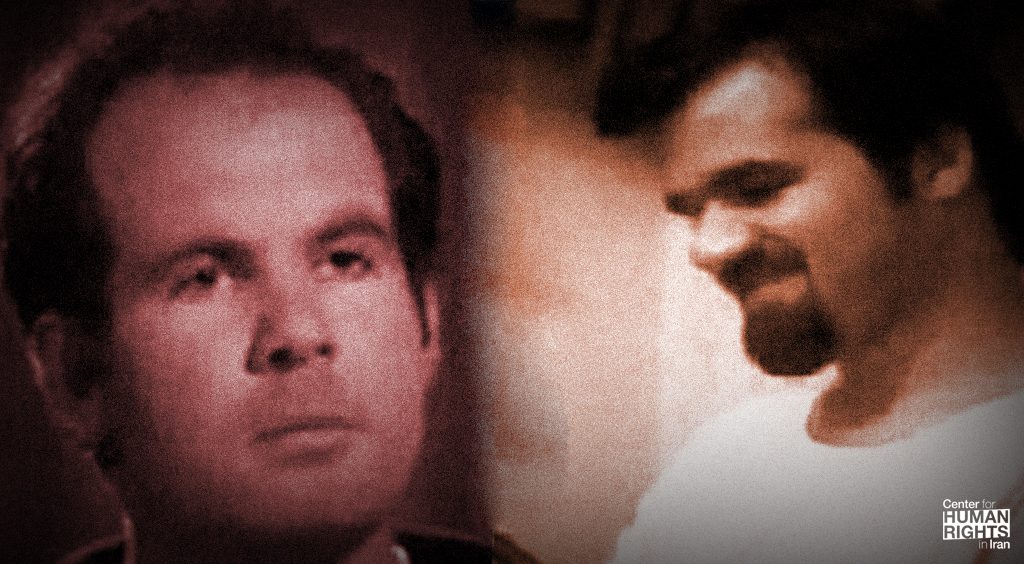 Both Executed without Notifying Their Families or Lawyers
Both Executed without Notifying Their Families or Lawyers
Politically Motivated Executions in Iran Continue to Increase
Despite serious questions regarding evidence of guilt, two Kurdish political prisoners, Diako Rasoulzadeh and Saber Sheikh-Abdollah, were executed in the Central Prison in Oroumiyeh, western Iran, on July 14, 2020.
The two men were executed without prior notice to their families or legal representatives, an attorney for one of the victims informed the Center for Human Rights in Iran (CHRI).
The execution of these two men continues an intensifying trend in the Islamic Republic regarding the application of the death penalty in politically motivated prosecutions.
The two men, along with a third individual, Hossein Osmani, had been accused of “waging war” through membership in the banned Komala Party and participation in the bombing of a military parade that killed 12 people in Mahabad, West Azerbaijan Province, in September 2010, according to attorney Mehdi Vakilnejad.
Osmani’s death sentence was commuted to 30 years in prison.
Evidence Disputing Guilt Cited in Supreme Court’s Earlier Overturning of Sentences
“The border barracks, where my client Mr. Rasoulzadeh was stationed as a soldier, wrote an official letter that he was there on the day the bombing had taken place,” Vakilnejad said.
“When the case went to the Supreme Court, we argued that a person cannot be in two locations at the same time. On that basis, the court initially overturned the death sentence and declared there were many serious questions regarding the case.
“When the case was sent to [Branch 1 of the Revolutionary Court in Mahabad], the border barracks presented another letter that stated my client may have left the barracks without his exit being registered, which resulted in another death sentence and unfortunately our appeals were rejected.”
Allegations of Forced Confessions
The attorney described Rasoulzadeh’s “confession” which had been used to help convict him, which another source stated had been extracted under pressure.
Vakilnejad stated: “Mr. Rasoulzadeh had confessed that he had carried out the bombing. During the trial, his family and I encouraged him to tell the court if he had been tortured. He didn’t speak and unfortunately we could not help him.”
Yet a source with knowledge about the case told CHRI on the condition of anonymity, “The Intelligence Ministry had promised Rasoulzadeh and Sheikh-Abdollah freedom after five years in prison if they had agreed to confess to involvement in the Mahabad bombing.”
“That’s why they didn’t speak in court and their families kept silent; because they were under pressure. They were hoping that their children would be freed. Instead the authorities did not even inform them that their children were going to be executed and kept them completely in the dark.”
The Islamic Republic has a documented history of routinely extracting “confessions” through false promises or under extreme psychological pressure and torture.
Vakilnejad continued: “On the other hand, from the very beginning Mr. Osmani refused to confess and insisted that he did not know any of the other defendants. He was first sentenced to death but when we objected, Branch 1 of the Revolutionary Court in Mahabad reduced the sentence to 30 years in prison in exile.”
Osmani is currently incarcerated in the Mahabad’s Central Prison.
Read this article in Persian.

